Referred as the “Queen of Herbs” and a symbol of purity, Tulsi, better known as Holy Basil, is a popular household name in India. Worshipped in the morning and evening, many Hindu families grow Tulsi in their courtyard as it is believed to bring longevity, happiness, purify the environment and bring peace in the home.
For herbal remedies, each and every part of this plant can be used in one way or another. Of the two main species readily available in India, the darker form of Tulsi known as Shyama has more medicinal values than the lighter one called Rama.
The Following are Some Benefits of Tulsi:
Increases mental health
High in anti-oxidants, preventing premature aging
Flavonoids protect cells from radiation and its harmful side effects
Effective on acne and psoriasis
As an anti-inflammatory, it helps reduce arthritic symptoms, decreasing pain and swelling
Reduces anxiety, depression and stress
Relieves constipation, stomach cramps, indigestion and flatulence
Enhances immunity in babies
Helps reduce symptoms of cold, cough, influenza, bronchitis, asthma, sinus infections
Prevents nausea
Provides relief from menstrual cramps
Reduces chances of food poisoning
Enhances the flavour of food
Chewing fresh Tulsi leaves or boiling them with tea reduces the effects of fever and common cold
Heals infections of the mouth
Used as a paste, it relieves the effects of insect bites
Regulates blood sugar
There is interest in using Tulsi seed oil for curing cancer as research shows the oil can slow progression and improve survival rate in animals with certain types of cancer.
Considered to be a divine plant in Ayurveda, Tulsi not only has medicinal properties but also carries spiritual significance for practitioners of this ancient system of medicine. It is considered to be a reincarnation of the goddess Tulsi, who offers divine protection from all ills.


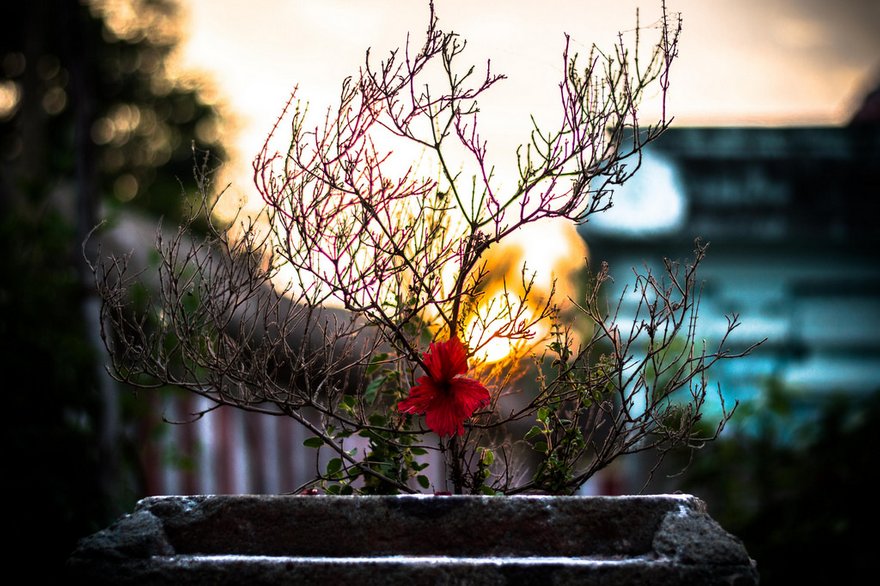
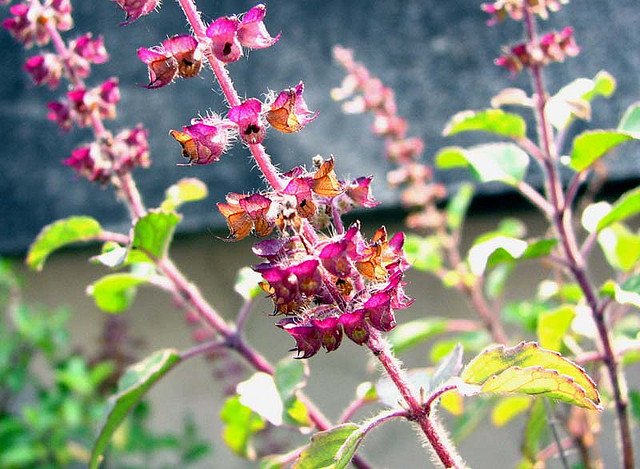
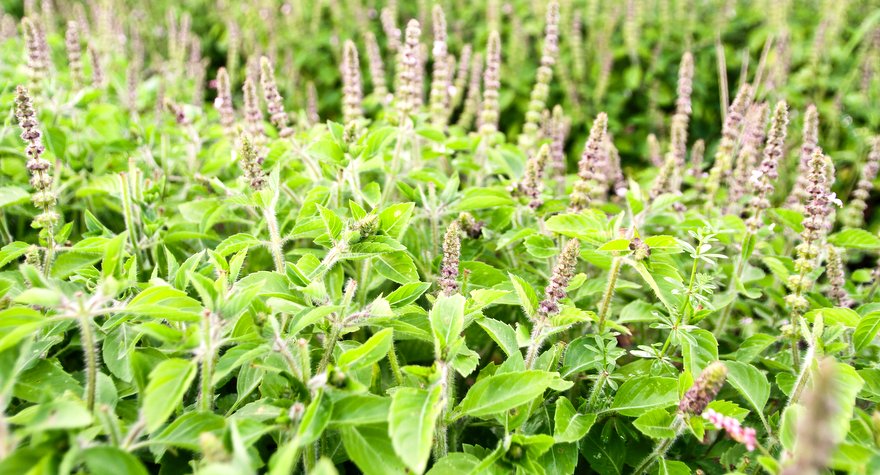
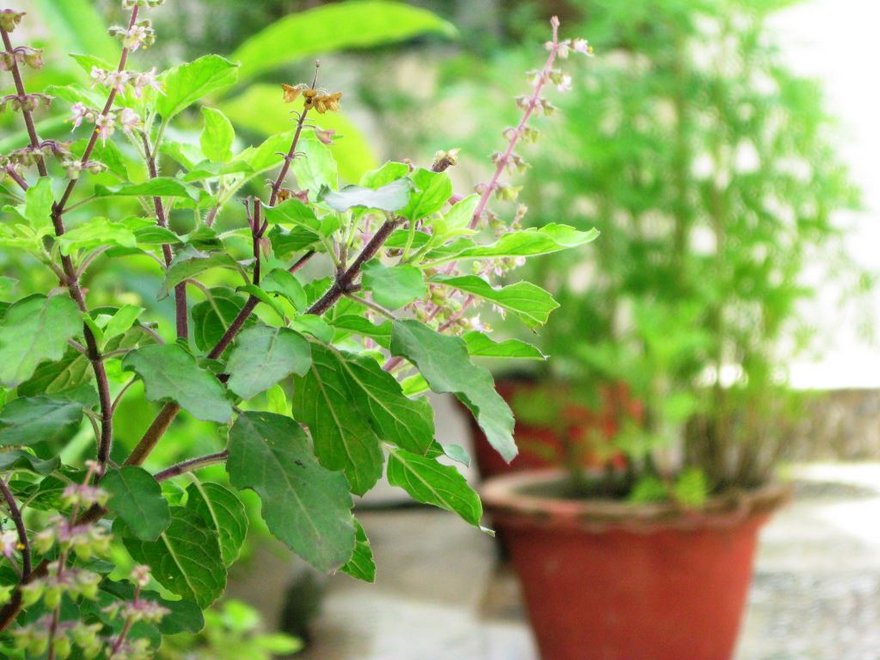
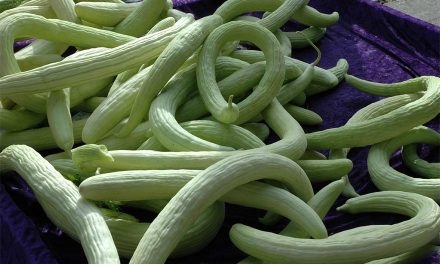
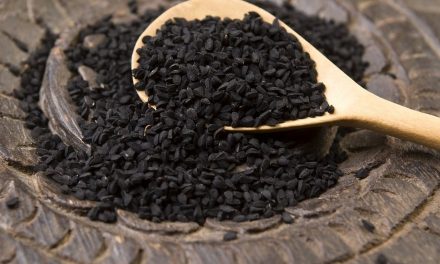
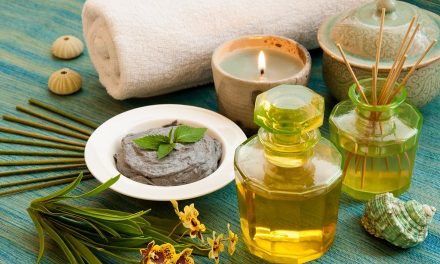






DEAR SIR IT IS VERY INTERESTING TO KNOW MORE AND MORE INFORMATION AND KNOWLEDGE OF OUR OLD NATURAL AYURVEDIC AND HERBAL MEDICINES IN OUR HOUSE ITSELF AND THE PROPER USAGE OF ALL NATURAL INGRIDIENTS ARE TO BE APPLIED AS AND WHEN REQUIRED OR IN OTHER NEEDBASED NATURAL PRODUCTS . THANKS FOR GIVING US MORE AND MORE DETAILS ABOUT THIS.